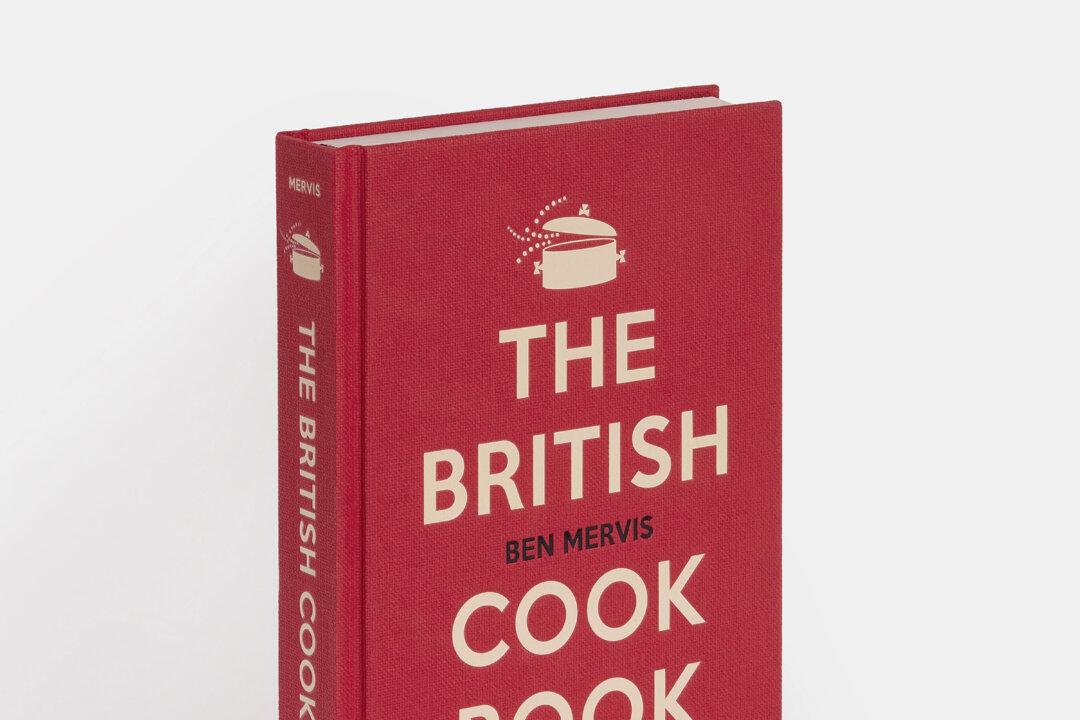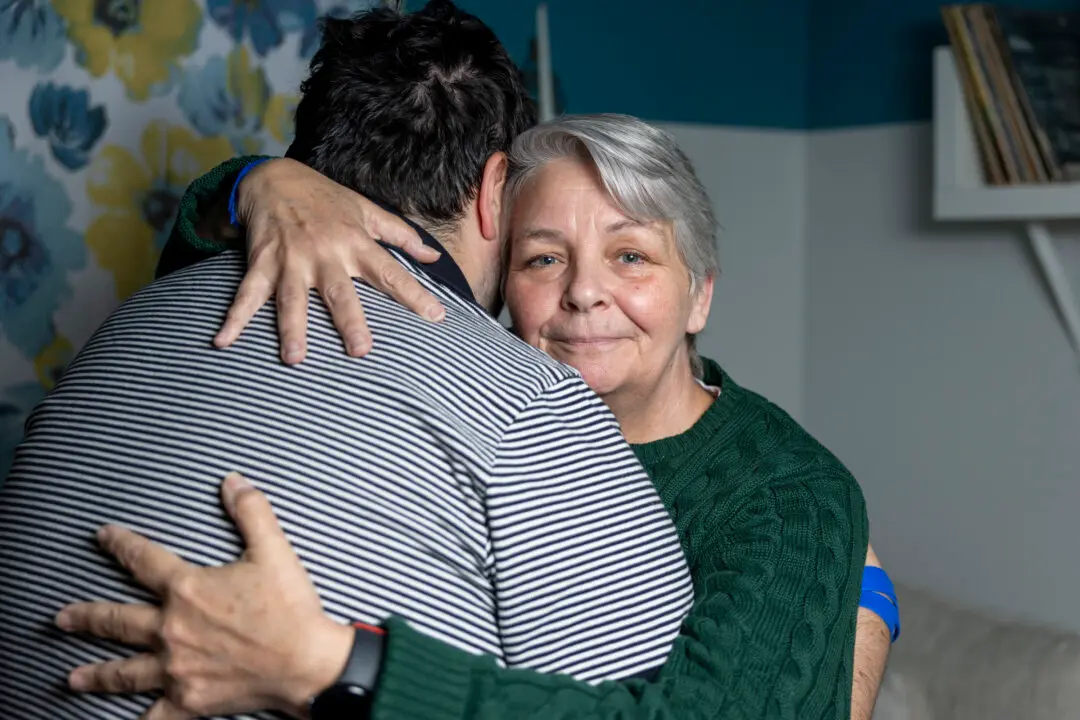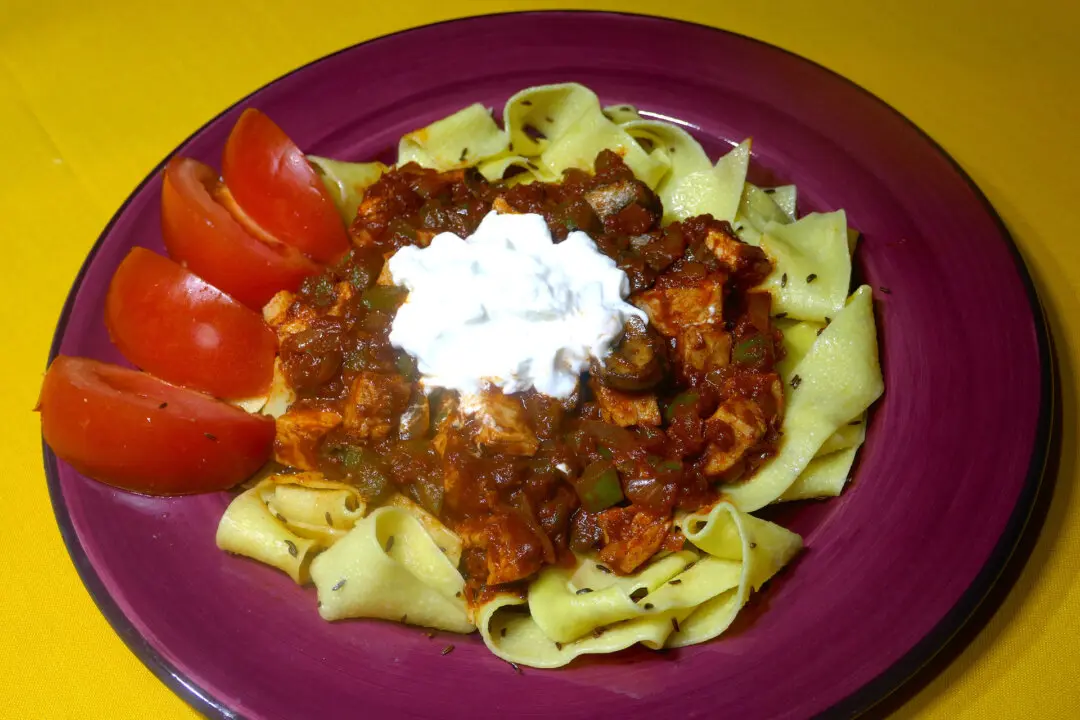By Hira Qureshi
From The Philadelphia Inquirer
Ben Mervis doesn’t hesitate to say British food is the cuisine of his dreams. For the Philly native, the fare presents comfort meals made from wild foods of the island nation, rich in histories of migration, innovation and preservation.






